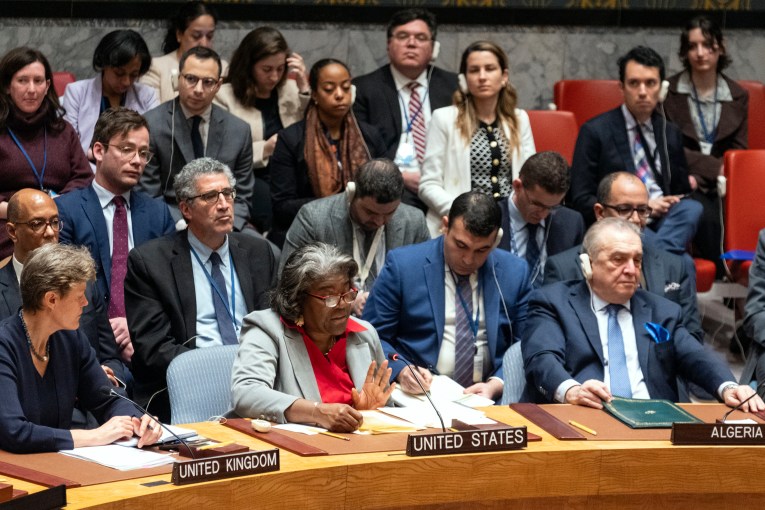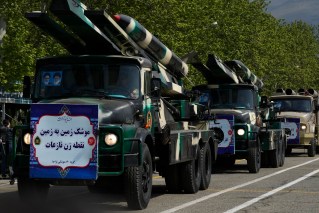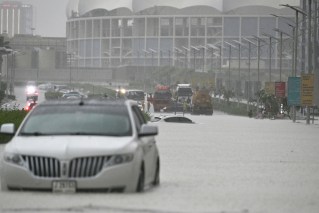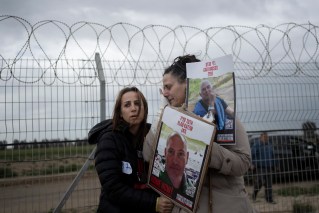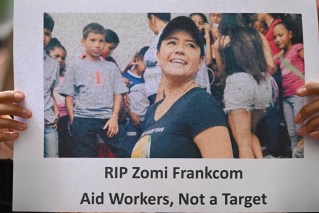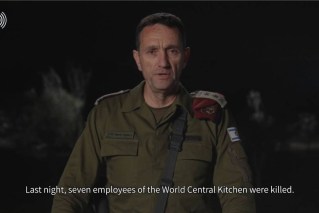‘Time to act’: Australian government has ‘moral obligation’ to help Afghans flee Taliban, expats say

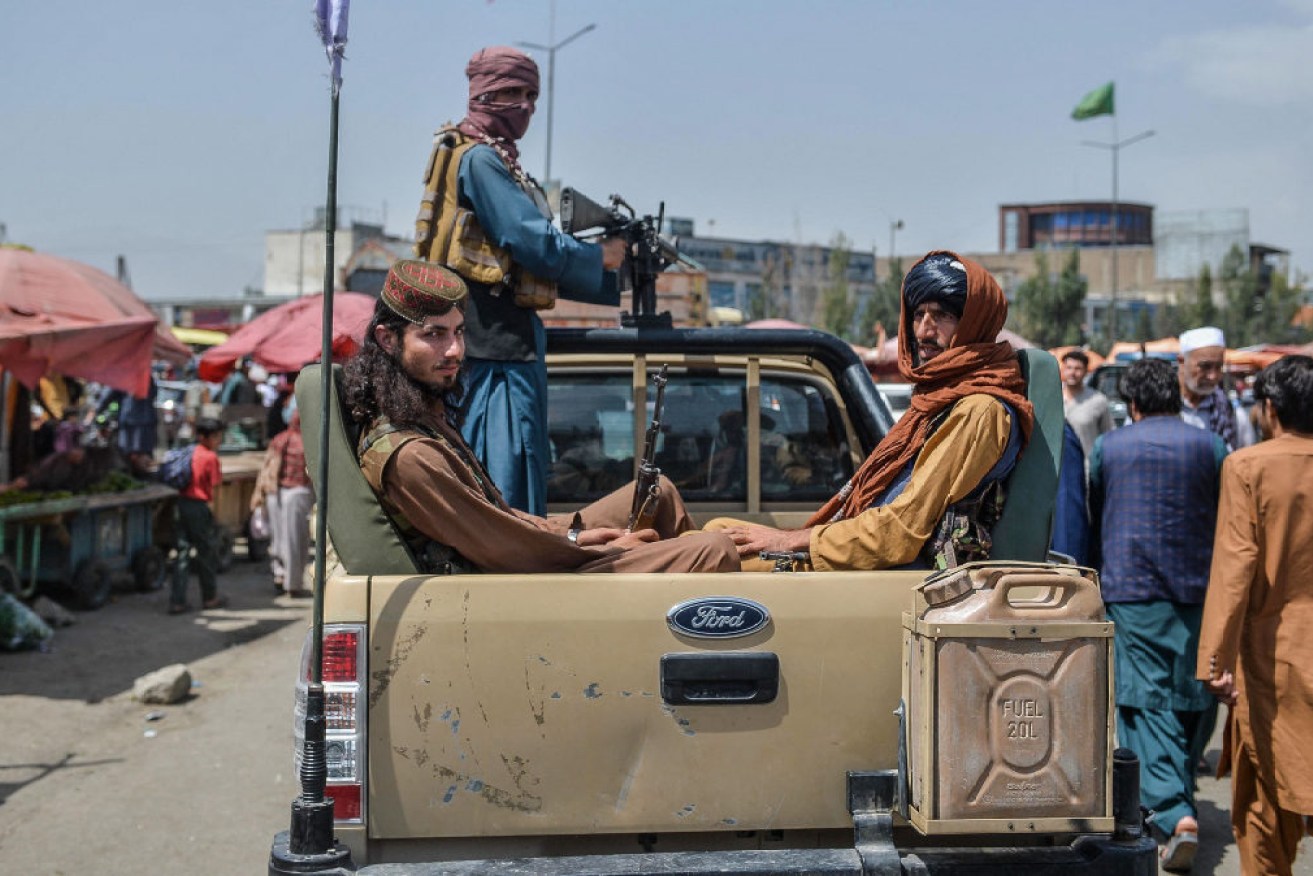
The Taliban has seized control of Afghanistan's capital, and Australia is being urged to do more to help those in danger. Photo: Getty
Afghan expatriates are pleading with the Australian government to save their family members from the Taliban by urgently increasing the number of humanitarian visas available.
Taliban insurgents shocked the world this week when they seized the presidential palace in Kabul after taking over most of Afghanistan within a week.
A Taliban official said the group would soon declare the Islamic Emirate of Afghanistan from the captured presidential palace.
Sanam Ahmadzada, 27, who was brought to Australia from Afghanistan by her parents when she was a child, said the Afghan community in Australia was devastated by the Taliban’s advance.
“It’s been difficult. Survivor guilt is at a high among all Afghans at the moment,” Ms Ahmadzada told The New Daily.
“Everyone is tense and fragile,” she added.
“It’s bringing up a lot of trauma, and for a young person whose family left Afghanistan during the civil war it’s that intergenerational trauma as well.”
The Australian government has promised to “continue to work with key partners in the days ahead” to evacuate more than 130 Australians in Afghanistan, along with Afghan nationals who helped Australia during the campaign and humanitarian visa holders.
But the Morrison government has been criticised for its slow response to granting visas to Afghan interpreters and other locally engaged workers who helped Australian forces.

Interpreters who helped Australian forces are fearing for their lives. Photo: Jason Scanes
“We’ll provide assistance to withdraw them and that will take some time,” Defence Minister Peter Dutton said on Tuesday.
Ms Ahmadzada, who now lives in Queensland, said she had spent a lot of the time just waiting to hear from family stuck in Kabul.
The last time she heard from one of her cousins, he asked her to pray for them.
Ms Ahmadzada said Australia had a “moral obligation” to do more for the people left behind.
“Australia has been involved in this whole process,” she said.
“When the government decided to shut down embassies in Afghanistan a few months ago, they said they wouldn’t leave the Afghan citizens behind. People are holding on to that.”
‘Support won’t reach all,’ PM admits
The National Security Committee has approved a military evacuation plan, but it is unclear when the planes will be allowed to land in Afghanistan, given the deteriorating situation on the ground.
Since April, 430 Afghan former interpreters and staff have resettled in Australia, but lawyers still in Afghanistan say there are about 800 families awaiting employment certification, which is being held up by Australian bureaucracy.
On Tuesday, Prime Minister Scott Morrison admitted not all of those people would be evacuated.
“I know that support won’t reach all that it should. On the ground, events have overtaken many efforts. We wish it were different,” Mr Morrison said.
Those left in the country say they will be targeted by the Taliban for helping foreign forces.
Afghan-Australian Atika Hussain, a refugee lawyer and member of the persecuted Hazara minority, said she had received messages from people across Afghanistan unsure if they should wait for an evacuation flight or try to flee on their own.
Some women’s rights activists have destroyed their documents and gone into hiding, Ms Hussain said.
“They are in a really risky situation,” she said. “There is historic evidence that shows how the Taliban will rule. How they will treat women and children, minorities.”
There have already been reports that women have been told to leave their jobs or university courses.
Call for action
Australia’s Afghan community is calling on the government to accept at least 20,000 refugees, just as Canada agreed to do a few days ago.

Ms Ahmadzada says Australia has a ‘moral obligation’ to help Afghans. Photo: Supplied
“Twenty-thousand would be the least we should commit to,” Ms Ahmadzada said.
“We have to prioritise the people who are the most vulnerable. Women, prosecuted communities, Australian-educated students, journalists, human rights activists, amongst others. They are all at high risk,” she said
The announcement by Minister for Foreign Affairs Marise Payne on Monday that no Afghan visa holder would be asked to return at this stage was simply “not good enough”, Ms Ahmadzada said.
“There are 5000 Afghan refugees here on temporary visas at the moment. It’s not enough to pause the deportations, they need to be provided permanent protection,” she said.
Ms Ahmadzada said it was Australia’s responsibility to help – otherwise everything Australian forces and their Afghan allies fought for would be lost.
“Everything the Afghan people have been fighting for has gone to waste. Everything Australia tried to do in going in there has been in vain,” Ms Ahmadzada said.
Families targeted
Ms Hussain said Afghans with ties to Australia could be targeted in the coming months.
“Abduction for ransom money, harassment of young women and, of course, killings. They will want to set examples to spread the fear,” she said.
Ms Hussain urged the Morrison government to do everything in its power to get those vulnerable to Taliban backlash to safety in Australia.
“Our government has to listen to us,” she said.
“It is the time to act.”

Ms Hussain said the family of Afghan expats could be targets. Photo: Supplied
The brutality has already started. The Taliban were thought to be behind the bombing in May of young Afghan girls attending school.
First a suicide bomber blew up a car full of explosives outside the Kabul school. Then, as the girls rushed out in a panic, two more bombs went off, killing nearly 80 people.
The Islamic State still operates in Afghanistan and is thought to be supported by the Taliban.
Last October, 30 people were killed outside an education centre, and in May 2020 they targeted a maternity ward in which 15 women were killed.
“ISIS will have a strong control among the Taliban,” Ms Hussain said.
“ISIS will operate under the disguise of the Taliban. This is something the international community has been ignoring.”
Twenty years ago the Taliban ruled Afghanistan with an iron fist, banning television, music, movies and cricket. Girls over 10 were stopped from going to school and women were forced to wear head-to-toe coverings.
The Taliban carried out public executions of alleged adulterers and murders and lopped limbs off those found guilty of theft.
